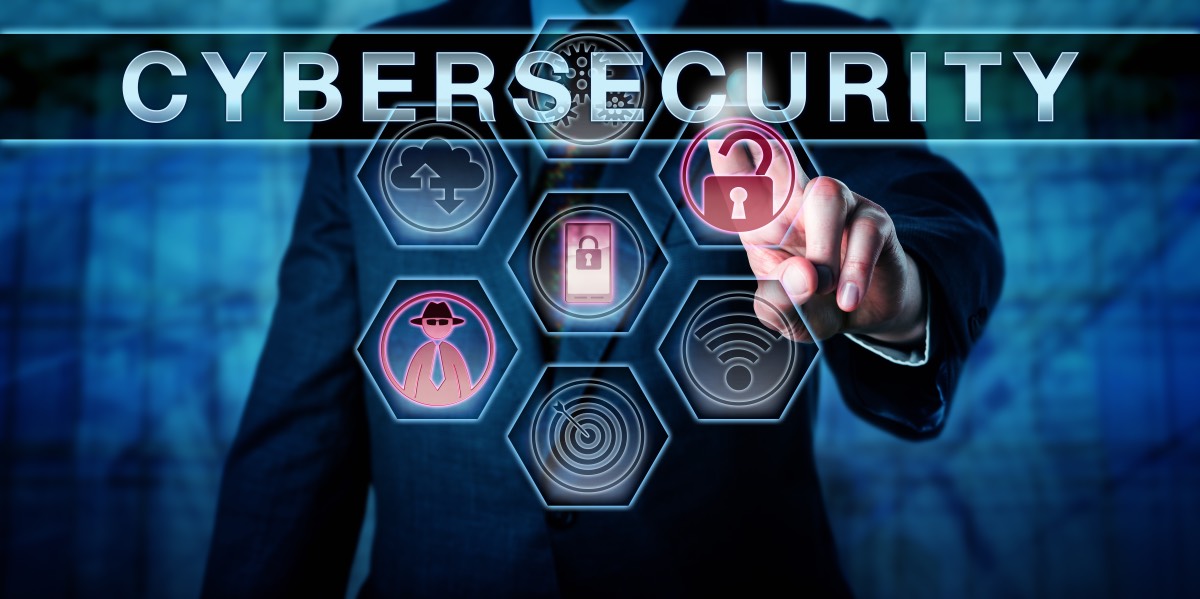[dropcap]M[/dropcap]ost businesses understand the importance of keeping their data secure. They spend a lot of money on software to protect them from hackers and also develop processes that maximize data security. And they do give the new staff a thorough orientation for these procedures.
Which is a good start. But often that’s as far as cybersecurity awareness training goes. And that’s a real problem. According to research by Every Cloud, one of the top tips for companies wanting to protect their systems is to improve employee awareness of the risks.
If you check out the infographic below, you’ll see why this is so important. 35% of people use passwords that are weak and 55% of people use the same password for all or most of the services that they use.
Which means, essentially, that they’re using codes that are easy to crack, and are making the hacker’s life easier by using the same weak code over and over again.
What’s even worse is that people have a tendency to become complacent. That initial training is good and well, but what happens when staff have become more settled in their jobs?
Think about it this way – how many times have you read the company manual lately? You no doubt know the gist of it, but who has the time or inclination to pore over it on a more regular basis? Once you understand the basics, there are more important things to do than study the manual. Which means that some processes can easily slip your mind.
Which is why it makes sense for the company to conduct regular refresher sessions. It might not be the most scintillating training to sit through, but regularly going over the topic should help to keep employees focused on security.
Another benefit of having regular update sessions in this field is that the best practices in terms of security change regularly. Security experts come up with a basic defensive strategy, and then hackers come up with something to overcome it.
Fifteen years ago, a password with eight characters was considered strong if it had a mixture of alpha and numeric characters. Today that’s considered child’s play for hackers. You don’t even need to write your own programs for hacking – there are plenty available online.
Also, with the rate at which technology is advancing, it’s becoming simpler for hackers to attack systems. Your office computers might be very secure, but how secure are the devices that employees use at home? Do they take as much trouble to secure their smartphones, tablets, etc. that they access company emails with?
The best way to stay one step ahead is to ensure that your staff is thoroughly briefed when it comes to cybersecurity. Conducting refresher sessions on a regular basis will emphasize the importance of staying focused here, and also provide staff with valuable updated information.








